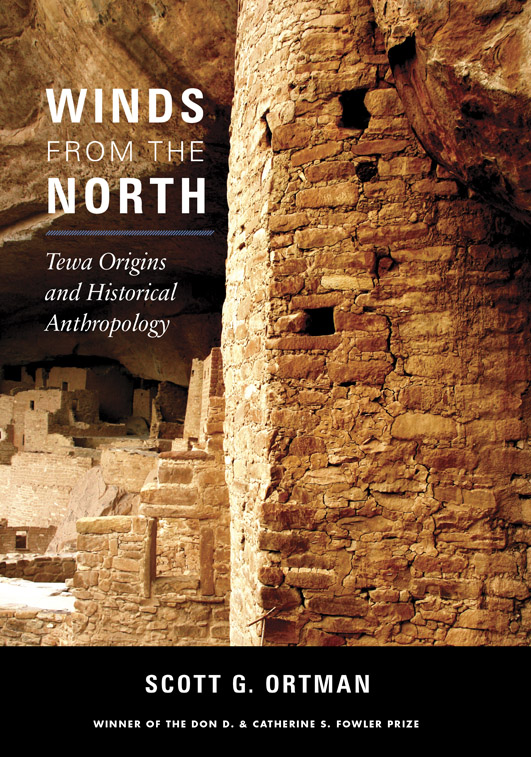
15 Mar “TELLURIDE UNEARTHED” WELCOMES AUTHOR SCOTT ORTMAN
Who Were the People of the Mesa Verde Region and Where Did They Go?
 If you follow the Dolores River from Telluride, it takes you to the heart of one of the world’s greatest archaeological areas: The Mesa Verde region of southwestern Colorado. Inhabited by American Indians for centuries—indeed millennia—this region has the highest concentration of archaeological sites anywhere in United States. Who were these people and where did they go? The answer to these questions is the subject of a new book, “Winds From the North,” by anthropologist Scott Ortman.
If you follow the Dolores River from Telluride, it takes you to the heart of one of the world’s greatest archaeological areas: The Mesa Verde region of southwestern Colorado. Inhabited by American Indians for centuries—indeed millennia—this region has the highest concentration of archaeological sites anywhere in United States. Who were these people and where did they go? The answer to these questions is the subject of a new book, “Winds From the North,” by anthropologist Scott Ortman.
The lecture series, “Telluride Unearthed,” hosts Scott next week. His talk on the fascinating history of the Pueblo people takes place Thursday, March 22, 6:00 p.m. The event is brought to you by the Telluride Historical Museum and the Pinhead Institute.
Scott Ortman currently holds two research positions: Lightfoot Fellow at the Crow Canyon Archaeological Center in Cortez, Colorado, and Omidyar Fellow, Santa Fe Institute, New Mexico. His research on the deep history of Pueblo Indians began over 20 years with PhD dissertation at Arizona State University, for which the Society for American Archaeology honored him with the 2010 Dissertation Prize. “Winds From the North” picks up where the dissertation left off.
It has long been known that the inhabitants of the Mesa Verde region were the ancestors of the modern Pueblo Indians who continue to live in New Mexico and Arizona today. But Pueblo Indians are an amalgam of diverse groups and each has a distinct history and who speak six different languages. The true identity of the ancient people of Mesa Verde and where they went when they migrated from the region at the end of the 13th century remained one of the enduring mysteries of world archaeology. Until now.
“Wind From the North” is unmatched in the depth and breadth of its research. In this exhaustive, insightful study, Scott synthesizes information about tens of thousands of archaeological sites. He examines Pueblo Indian oral traditions. He analyzes the data from skeletal analyses to determine the shapes of the faces of ancestral Pueblo people and discovers that they form distinct groups that likely reveal genetic history. And he works with modern Pueblo people to gain new understandings about their languages.
information about tens of thousands of archaeological sites. He examines Pueblo Indian oral traditions. He analyzes the data from skeletal analyses to determine the shapes of the faces of ancestral Pueblo people and discovers that they form distinct groups that likely reveal genetic history. And he works with modern Pueblo people to gain new understandings about their languages.
Scott won the Fowler Prize – granted by he University of Utah Press for the best new book on anthropology – for this work, which ultimately reveals how certain Pueblo languages diversified over time and includes studies of how language is central to the way the human mind organizes thoughts through conceptual metaphors and how these metaphors are specific to different cultural groups.
You won’t want to miss this opportunity to hear Scott tell the story firsthand about how the winds from the north shaped this incredible society who remain to this day our neighbors to the south.
To learn more, click the “play” button and listen to my chat with Scott.


Sorry, the comment form is closed at this time.